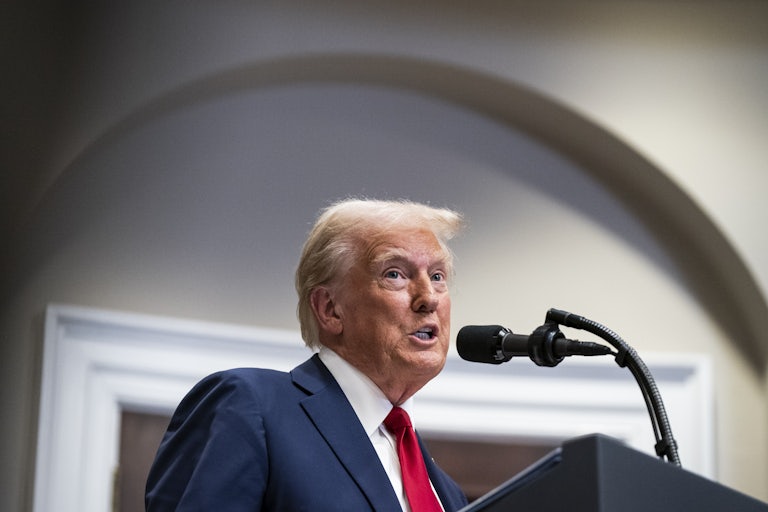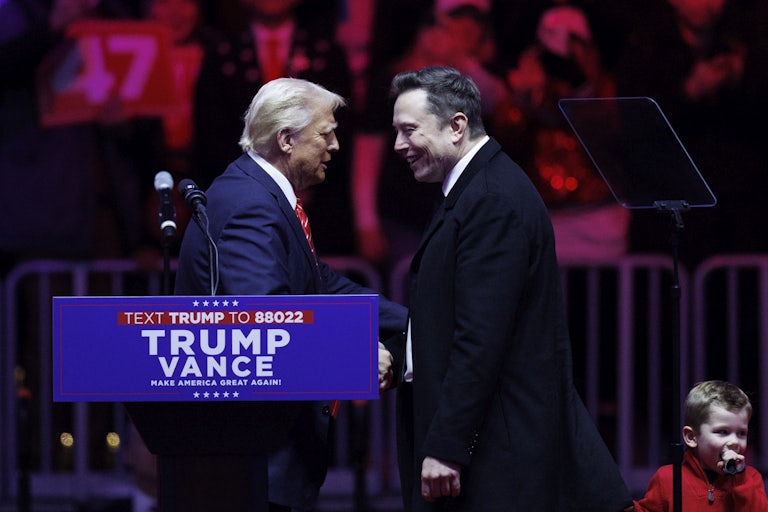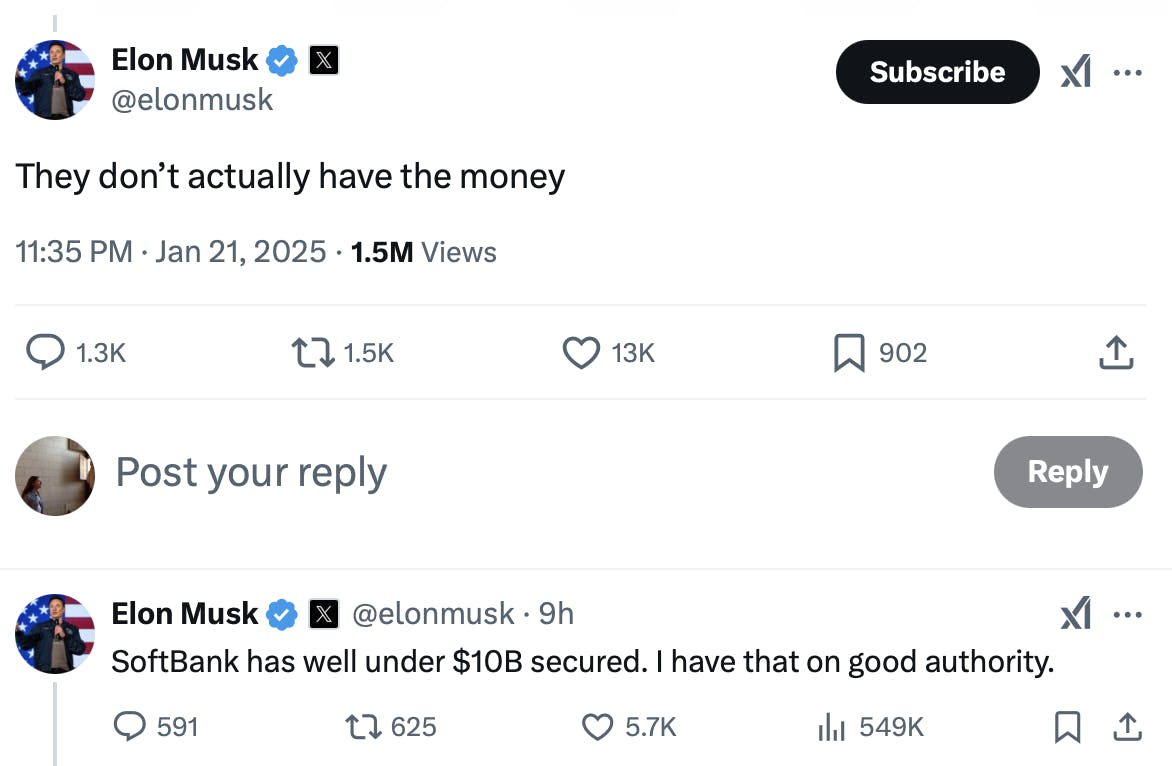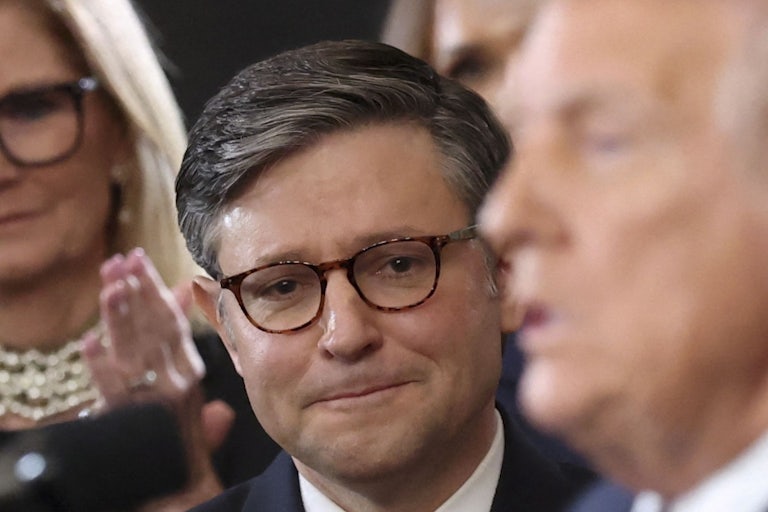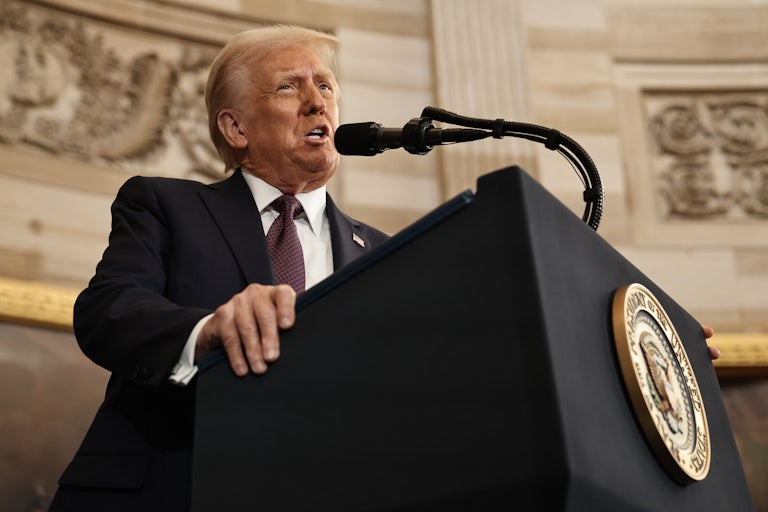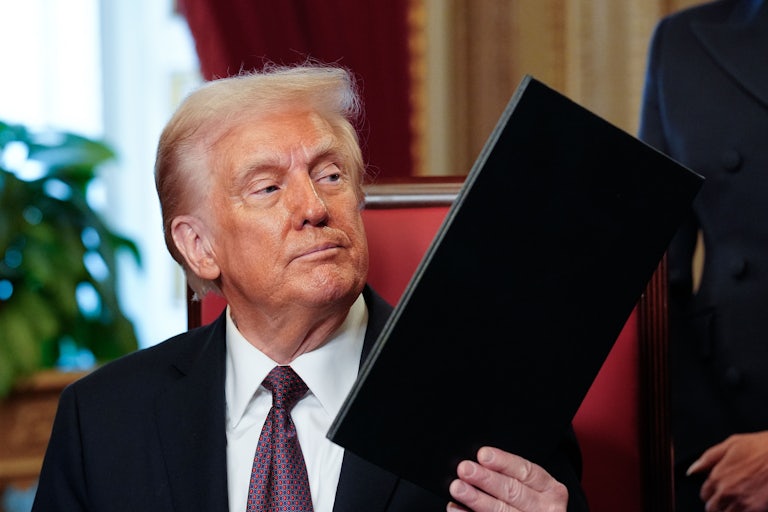Trump’s Budget Chief Pick Refuses to Answer Questions—and GOP Lets Him
Republican senators were apparently all too happy to let Russell Vought skate through.
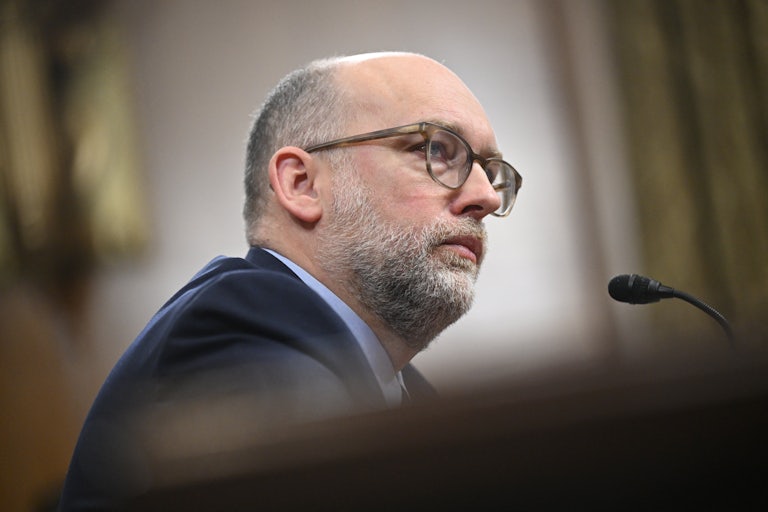
Donald Trump’s pick to run the Office of Management and Budget continued his Senate confirmation hearing Wednesday, but his uncanny ability to slide past tough questions—and the committee’s complicity in allowing him to do so—didn’t get past some of the Democratic lawmakers interviewing him.
Senator Sheldon Whitehouse torched Russell Vought’s evasive and bureaucratic non-answers, arguing that the nominee didn’t have any special privileges that afforded him the ability not to be completely transparent with the American public.
“Why can I not get an answer—is there some new rule in this committee?—as to where these executive orders came from?” Whitehouse pressed. “That’s perfectly, to me, legitimate congressional oversight. Over and over again this witness has told us what questions he will answer, but the oath he took was to tell the truth, the whole truth, and nothing but the truth in response to our questions.”
“So if there’s some new limitation about what question I can [have answered], I would like to understand that. And if not, I would like to have the chair tell the witness to answer my questions,” he added.
That roped Senate Budget Committee Chairman Lindsay Graham into the heated back and forth, who impressed on Vought that he did not have attorney-client privilege to evade a line of questioning as some of Trump’s other nominees did.
“I am not claiming a privilege, Senator,” Vought said.
“Generally speaking, you know, I guess the question is, did you advise on executive orders and which ones?” Graham insisted. “Can you kind of tell us that please?”
“Senator, I was not a member of the transition, I was not a member of the campaign,” Vought said, before adding that he did not have a “comprehensive knowledge of where the executive orders were drafted.”
But despite the clarification, Vought still refused to pinpoint where the sudden flurry of Day One executive orders had been drafted, despite the fact that many of them fell in line with Project 2025, a plan of Vought’s own design.
Last week, Vought similarly dipped and dodged hard inquiries by the committee, claiming that a Congressional statute used to reexamine executive branch withholdings from the budget was unconstitutional, and refusing to pledge that he wouldn’t deny grants based on the requester’s political alignment.
Vought ran Trump’s Office of Management and Budget from July 2020 to January 2021, during which time he froze military aid for Ukraine, claimed that foreign aid expenditures were “wasteful spending,” and worked to expand the number of federal employees required to work during a government shutdown.
He scooped up another supporting role in Trumpworld during the incoming executive’s presidential campaign: developing a 180-day “transition playbook” to expedite Project 2025’s implementation into the federal government. But his appointment to run the nation’s budget office could see him enter a critical role in shrinking the federal government and advancing Trump’s agenda.
Vought was also the architect of Trump’s “Schedule F” proposal, which plans to fire thousands of civil servants and replace them with as many as 54,000 pre-vetted Trump loyalists to the executive branch via executive order.
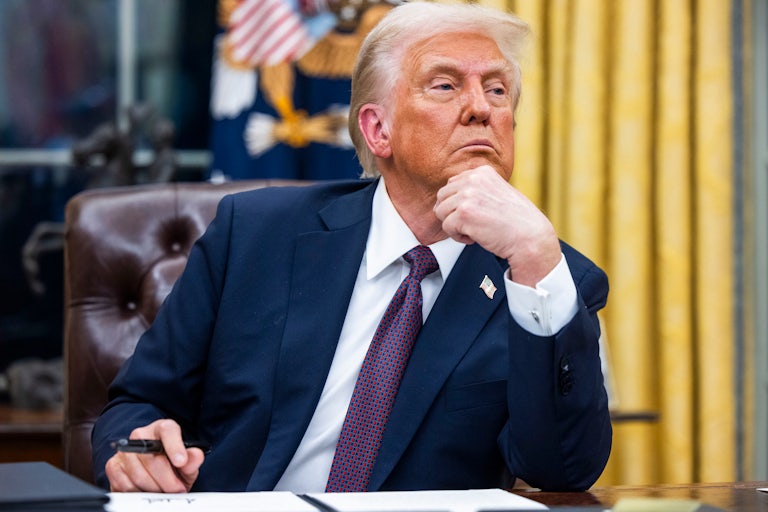
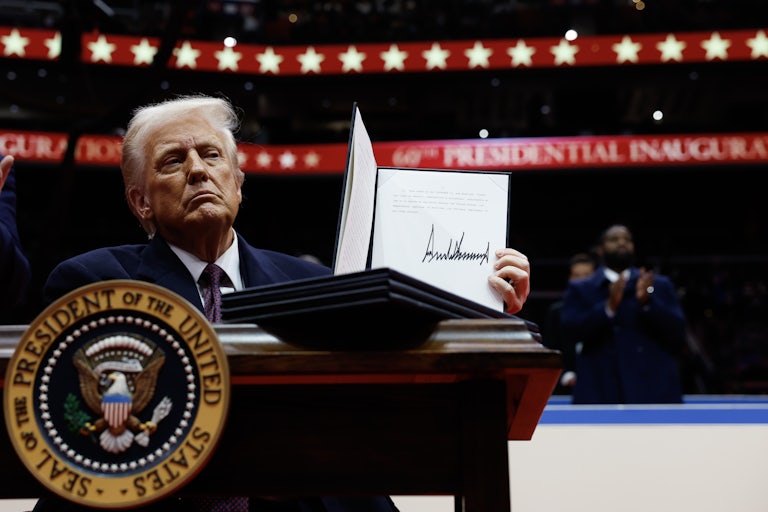
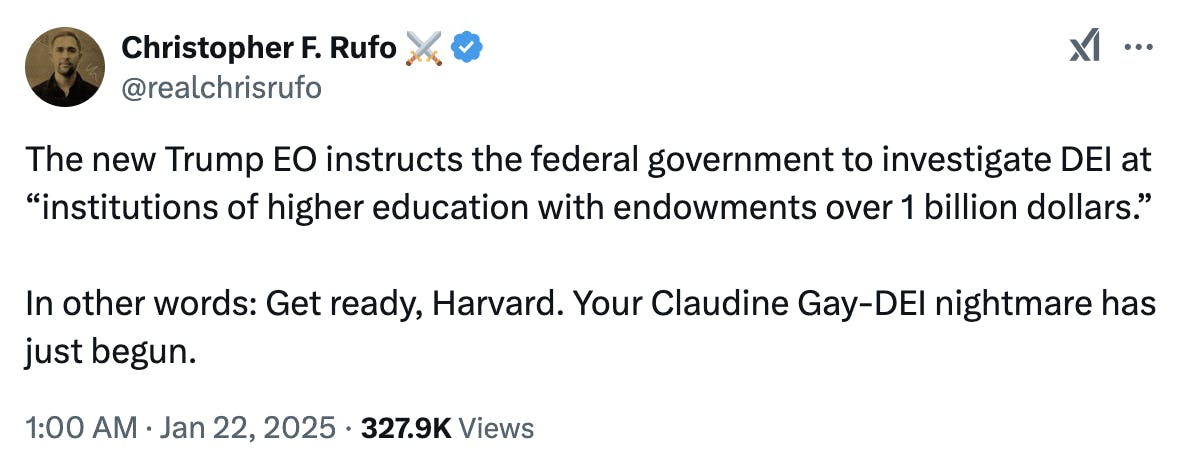
![X screenshot Richard H. Ebright @R_H_Ebright: Epochal change. Earthshaking change. "[T]o deter DEI programs or principles...each agency shall identify up to 9 potential civil compliance investigations of publicly traded corporations,...non-profit corporations or associations,...and institutions of higher education"](http://images.newrepublic.com/67b4abd8e54f03c05ea1822cabbeeb6b62d51d07.png?w=1180)
